detail profile theodor pi c5 a1t c4 9bk
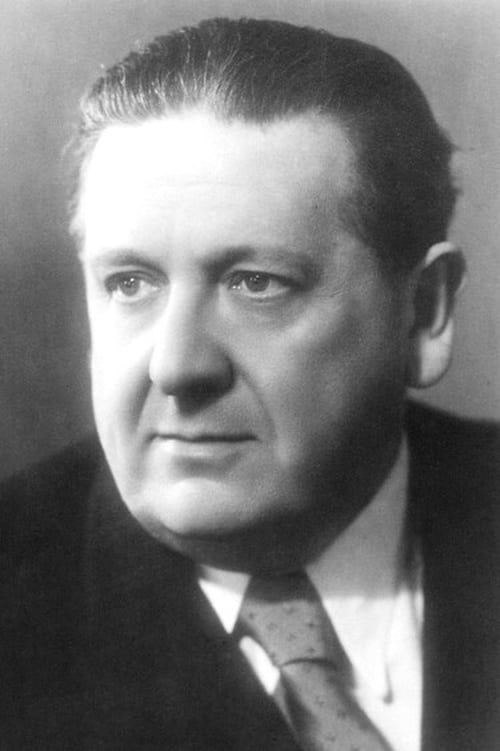
Theodor Pištěk
Theodor Pistek
atau dikenal sebagai
Riwayat Hidup
Theodor Pištěk (13 June 1895 – 5 August 1960) was a Czech actor and film director.
He appeared in 234 films between 1921 and 1959.
He is the father of the costume designer Theodor Pištěk.
From Wikipedia, the free encyclopedia
Info Pribadi
Peran Yang Di Mainkan Theodor Pištěk
 The Emperors mismanagement of his country...
The Emperors mismanagement of his country...The Emperor and the Golem 1952
The Emperor's mismanagement of his country is provoking some in his court to plot to overthrow him. He feels successful, at least, when he discovers the legendary Golem, which he believes can protect him and even cure his imaginary illnesses but, when he disappears while on a bender, his kindly baker, who looks just like him, is mistaken for him, and begins to put things in order. However, the conspirators, not to be outdone, determine to bring the Golem back to life to do their bidding.
 A MilkCannery baron Jakub Simonides is...
A MilkCannery baron Jakub Simonides is...Heave-Ho! 1934
A Milk-Cannery baron, Jakub Simonides, is broken by the Canned Milk-Trust and, in his wanderings with a worker, Filip Kornet, he discovers he still owns a half-finished apartment-house. They rally the workers and complete the building for use as a collectivist dairy. The cooperative flourishes and after a chase/pursuit with the police, pratfalls, slapstick and various crashes, the workers buy out the Milk-Trust.
 Joint montage of the first three...
Joint montage of the first three...The Good Soldier Schweik 1930
Joint montage of the first three silent films about Švejk: Good Soldier Švejk (1926, director: Karel Lamač), Švejk on the Front (1926, director Karel Lamač) and Švejk in Russian Captivity (1926, director: Svatopluk Innemann, model Karel Vaněk). The lead role was played by Karel Noll, who was very popular at the time. The last silent sequel Švejk v civilu (1927) exists independently, but the copy of the film is badly damaged.
 Andrea a beautiful daughter of a...
Andrea a beautiful daughter of a...Erotikon 1930
Andrea, a beautiful daughter of a railway gateman, is seduced by a rich passenger, who missed his train. Left pregnant, Andrea marries another man and moves to Prague, only to encounter her former lover and recover her former lust.
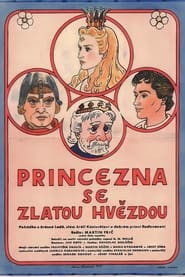 A Czech fairy tale about a...
A Czech fairy tale about a...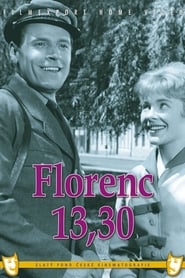
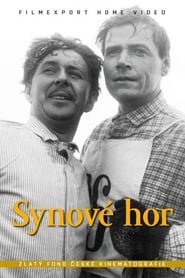
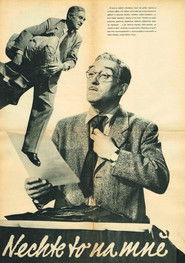
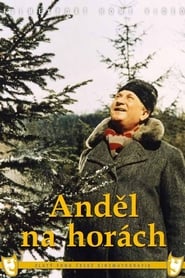 Mr Angel goes winter sporting and...
Mr Angel goes winter sporting and... Five crime stories connected by the...
Five crime stories connected by the...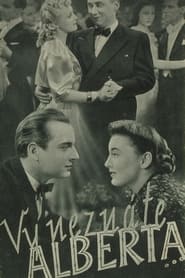
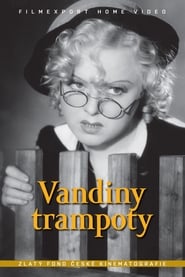
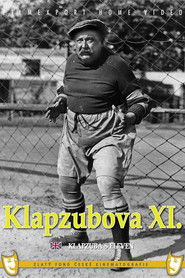
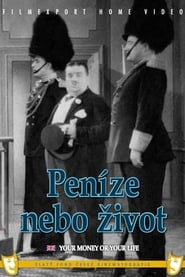 A czech film that focuses on...
A czech film that focuses on...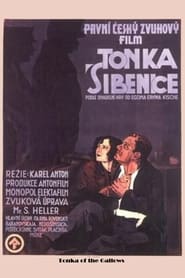 A prostitute in an act of...
A prostitute in an act of...